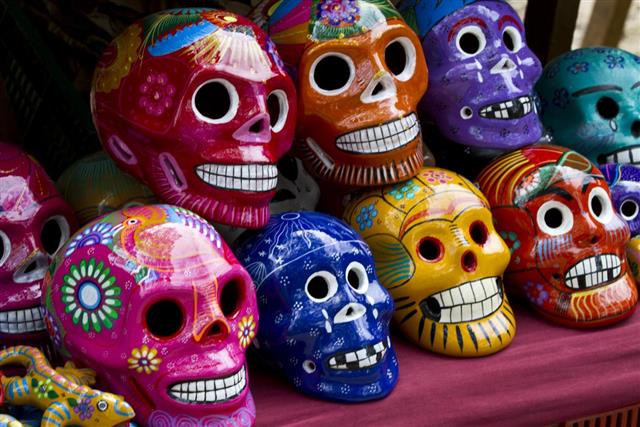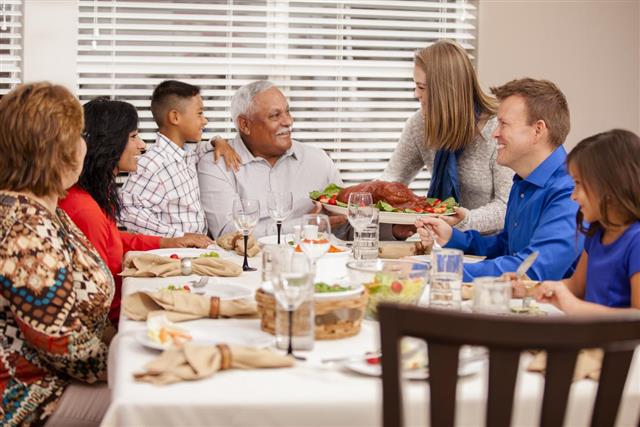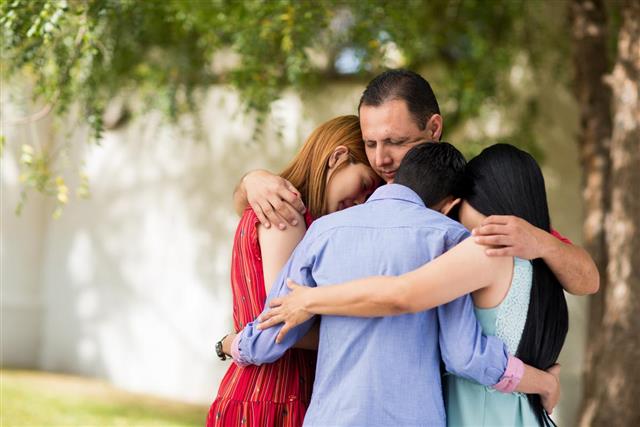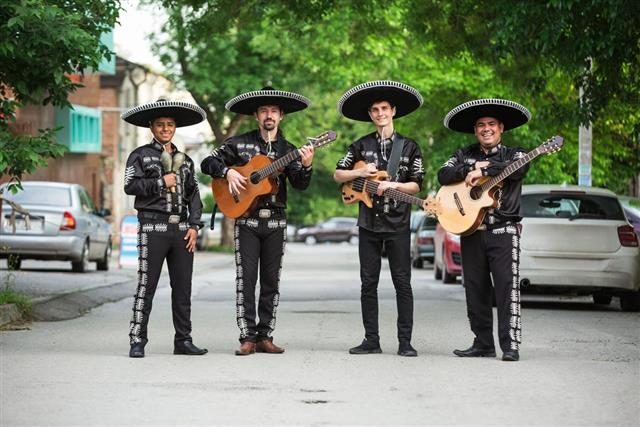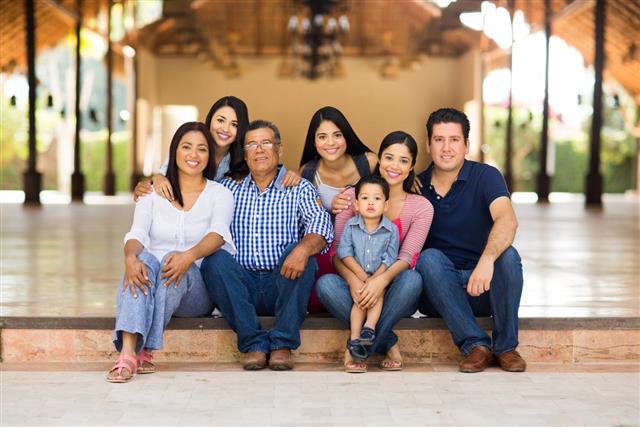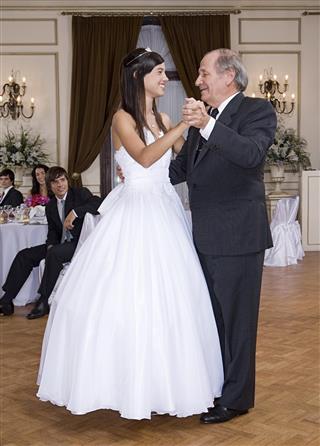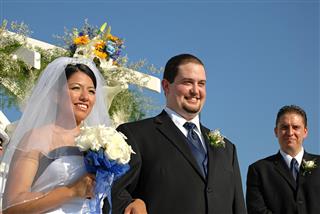
Mexicans have huge, well-knit families, and all family members, immediate as well as extended, are treated with love and respect. Let’s find out more about Mexican family culture, through this Historyplex post.
| Family is not an important thing. It’s everything.
– Michael J. Fox |
The above quote holds absolutely true when it comes to a Mexican family. Our family is what makes us and shapes us. Culture, traditions, and beliefs form an integral part of our character. This can be best illustrated by understanding the Mexican family culture and facts.
Mexican family life portrays a well-bonded social and emotional organization. Traditionally, they were highly patriarchal, but with modern influences, the picture seems to be changing for the better.
There are many things which we can learn from a Mexican family, the most important being unity. So, let us take a look at the structure of a Mexican family, along with the roles of family members, and their beliefs.
◆ For a Mexican, family is the most important social institution. They have large, close-knit families, and different generations live together. The Mexicans truly believe that unity is strength. They help each other through difficulties, and are always there for each other through thick and thin.
◆ Mexicans are very proud of their customs and traditions. The elders of the family try their best to maintain them, and pass them on to the next generations. Every member of the immediate or even extended family is treated with love and respect.
◆ Married couples move out to start their own families in separate houses, but they do take care of their parents in old age.
◆ Nowadays, more and more nuclear families are seen. They still try to live close to their extended families though, and are actively involved in each other’s life.
◆ The entire family settles geographically close to each other. Sometimes, generations of a family live together. It is the role of the family to provide each other material and moral support. They help each other in times of crisis. Families are more like clans, giving emotional support as well as practical guidance to each other.
◆ A Mexican family has gender-specific roles. The father is the bread-winning member of the home, whereas, women take care of the household and children. Machismo or strong sense of masculine pride is very prominent in Mexican families. All the important decisions are taken by the men of the house.
◆ A mother is greatly revered, and is responsible for the upbringing and care of the children. She cooks, cleans, and is the heart of the family, keeping all the family members together. She is involved in the healthcare of the children as well. But, the men have complete authority in the house, and the women are expected to be submissive. Even the girls in the family have to adhere to very strict rules, while the boys have more freedom.
◆ A woman is supposed to work only if the man of the house is not able to take care of the family, and provide for it like a good man. In such cases, there are chances that the woman may become assertive, leading to conflicts and ego clashes.
◆ Children are given lot of attention, as parents and grandparents usually spend a lot of time with them. Obeisance towards all the elders of the family is expected from them.
◆ Modern lifestyle has made some changes in the traditional Mexican family culture. The growing participation of women in economic activities is seen. But, unfortunately, this has added extra burden on the women, as the men still haven’t started helping out with the domestic chores.
◆ Media has also helped bridge the gap between both the genders. It is lately seen that most educated men treat their spouses on par with themselves.
◆ Mexicans believe that any important decision in the family should be taken only after consulting all the members of the family. All relatives from both sides, the father’s and the mother’s, are considered as part of the family. Relatives and grandparents take active part in raising children. It is not uncommon to have dozens of uncles, aunts, and cousins.
◆ Instead of just focusing on their own financial development, Mexicans give more emphasis on uplifting the status of their entire clan. Social status does not matter much to them; it’s all about the sustenance of all.
◆ If a family member or relative is facing a financial problem, Mexicans are always ready to help. They’ll also help him/her find employment or provide temporary residence. In fact, most of the time, businesses have family members as employees.
◆ When any family member gets into legal trouble, they stand by each other and provide money for bail and other requirements. Politicians are seen as corrupt, and families are unified when fighting against them.
◆ Open display of affection between family members is appreciated. God parenting is also an important aspect in Mexican families. Godparents are included and honored in every special occasion in the life of their godchild.
◆ Religion plays an important role in binding the entire family together. Church plays a major role, as 90% of Mexicans are Roman Catholics. Various ceremonies like christenings, weddings, and funerals help the families connect well and spend a lot of time together. Patron saint days are also celebrated with much gusto. Festivals like ‘Day of the Dead’ celebrate the life and death of family ancestors.
◆ Mexicans have the liberty to choose their life partners, albeit with certain restrictions. Their weddings are truly grand, with many interesting and beautiful ceremonies. During a Mexican Catholic wedding, the groom gifts 13 gold coins to his wife. With this gesture, he is entrusting his happiness and wealth to her, and promising her financial support. Her acceptance is an indication of love, trust, and life-long commitment.
◆ Quinceañera is one of the most cherished days in the life of a Mexican girl. It is celebrated on her 15th birthday, and holds a lot of importance. It is this day that marks her passage to womanhood. This is a very emotional ceremony, as the father dances with his little princess. Her childish shoes are exchanged for modern heels by him, as a symbol of this transition.
It is safe to conclude that Mexican family life and traditions are closely interlinked. They hold their family and its members very close to the heart, and live by the rule – family comes first.
